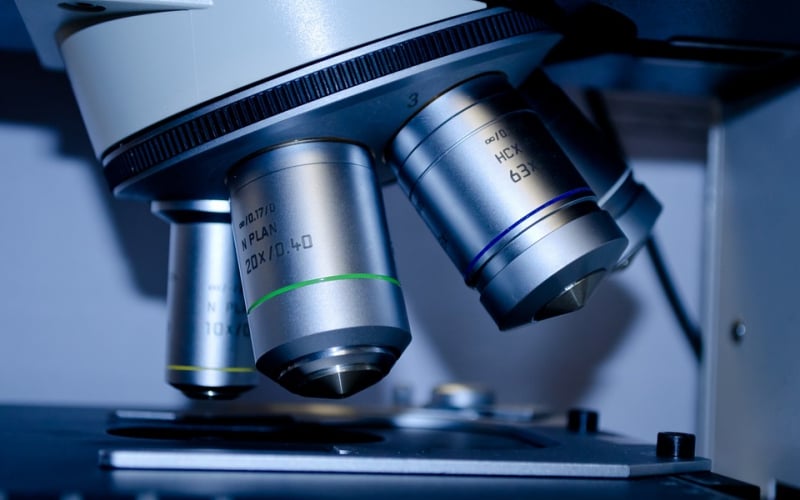
The process of bringing an idea from the lab to clinical trial can take years. Researchers are not only required to prove the effectiveness of their science, they also need to get FDA approval to provide an experimental therapy to actual patients. On top of all this, researchers also must ensure that their home hospital has the correct infrastructure in place to administer a clinical trial.
Over 700 new children are affected by cancer every day. For these kids, years are too long to wait. To help researchers get to the clinical trial phase quicker, ALSF established the Reach grants. The program, which awards multi-year grants annually, accelerates researchers closer to clinical trial.
This year’s grantees are embracing cutting-edge trends in cancer research and working towards cures for kids battling some of the deadliest cancers. Meet our 2017 Reach grantees:
1. Dr. Gianpietro Dotti and Dr. Barbara Savoldo, University of North Carolina
In August, the FDA approved CAR T cell immunotherapy as a standard of care for some types of relapsed leukemia. T cells, an essential part of the immune system, are collected from patients and then modified, so when they are returned to the body, they find leukemia cells and kill them.
However, the potential of CAR T cell immunotherapy as a cure for different types of cancer does not stop there. CAR T cells have also been shown to kill glioblastoma (GBM) cells in the lab.
Dr. Dotti and Dr. Savoldo are developing a similar strategy as a potential treatment for GBM, a type of brain tumor that is notoriously hard to eliminate surgically or with chemotherapy and radiation.
Dr. Dotti’s team has found that CAR T cells kill the majority of GBM tumor cells, but some GBM cells survive by blocking the altered T cell. Now, the team is working to make the CAR T cells unable to be blocked by GBM cells. The hope is this research will lead to a major breakthrough for children battling GBM, providing a treatment option with minimal side effects.
Dr. Dotti’s work is co-funded with Bear Necessities Pediatric Cancer Foundation.
2. Dr. Michael Burke and Dr. Jeffrey Medin, Children’s Hospital of Wisconsin
Acute myeloid leukemia (AML) is the second most common type of pediatric leukemia. AML progresses quickly and about half of all children relapse. Relapsed AML has a dismal survival rate—the need for treatments is urgent.
Dr. Burke and Dr. Medin are studying the use of oncolytic virotherapy as a treatment for AML. Oncolytic virotherapy uses altered virus cells that are injected into cancer cells. The infected cancer cells can be seen by the immune system, which then goes to work to kill cancer and rid the body of infection.
Dr. Burke and Dr. Medin take a small number of leukemia cells from a patient and infect those cells with a virus outside of the body. The virus then tricks leukemia cells into making a protein called interleukin 12 (IL-12). When IL-12 cells are returned to the patient’s body, their immune system sees the infected cells and begins attacking the leukemia cells.
A similar approach has been successfully used with adults battling relapsed AML. If successful, this approach would not only provide a treatment option to children with relapsed disease, but also provide an alternative to intensive chemotherapy and the side effects associated with current AML treatment.
3. Dr. Alex Kentsis, Memorial Sloan-Kettering Cancer Center
The causes of genetic mutations that lead to the development of cancer are still poorly understood. This is particularly true for solid tumors of children and young adults that express the PGBD5 mutation. This mutation is expressed in several solid tumors, including rhabdoid tumors, lethal tumors that can develop in any part of the body including the lungs, kidneys, brain, liver and soft tissues.
Dr. Kentsis recently identified that the PGBD5 mutation causes the genes to rearrange and leads to the development of cancer. This phenomenon is called genomic rearrangement and is common in a majority of childhood solid tumors. Dr. Kentsis hopes that his study will lead to the development of a new therapeutic strategy to inhibit the rearrangement and move directly to the clinical trial phase, providing improved therapeutic options for children battling solid tumors.
ALSF began the Reach grant program in 2013. Read more about our Reach grant projects here.

